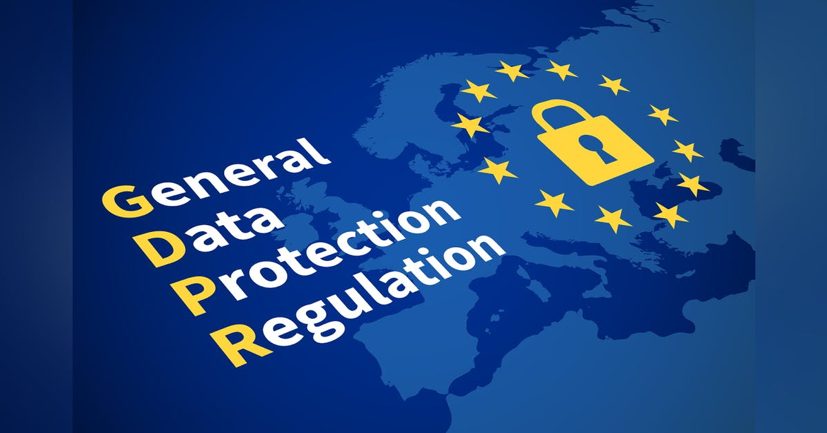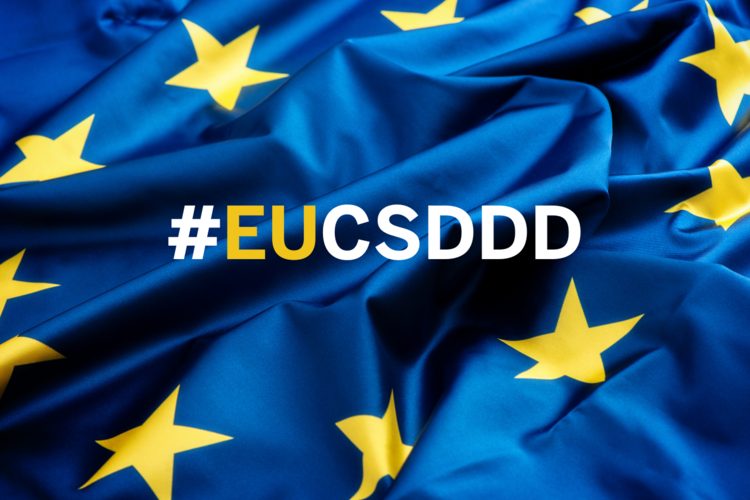Making Global Goals Local Business – Finding Solutions Through Partnerships
Georgia hosted a un global compact flagship event on march 25-26. The event brought together high-level delegations from the region with the goal of setting collective action and positively impacting the ten principles and the sustainable development goals (SDGs).
Key stakeholders from governments, local and global businesses, civil society, international organizations and Global Compact Networks in Georgia, Ukraine, Turkey, Belarus, and Poland convened in Tbilisi to make global goals local business by finding solutions through partnerships to achieve the Agenda 2030 in the region.
Executive Director of the Global Compact Network Georgia and Chair for the Regional Network Council for Eastern Europe Salome Zurabishvili said the SDGs “set objectives that guide the state on how to overcome sustainability challenges and go beyond to improve the life of human beings everywhere in the world”.
“Achieving the sustainable development agenda is beneficial for all parties involved: states, business sector, civil society, and local communities”, she said, encouraging each and every stakeholder to play a role in the implementation of the goals because “partnerships are really key to drive the green economy and achieve SDGs”.
Representatives of Global Compact Networks of neighboring countries agreed on the importance of learning from each other, collaboration and building up partnerships together. In her welcome speech, CEO and Executive Director of the United Nations Global Compact Sanda Ojiambo urged not only societies, businesses, and governments to accelerate support for the 2030 Agenda, but also emphasized the importance of the role of the UN Global Compact to unite business for a better world. Speaking about Georgia’s responsibility under the EU-Georgia Association Agreement to cooperate on the transition to a green economy prioritizing sustainable development and the circular economy by implementing new policies and laws.
“Making a zero-carbon economy a reality will require close collaboration by the private sector, government, the UN, civil society, and other partners”, Ojiambo said, adding that this task presents immense challenges and opportunities for the future, allowing companies to “reinvent themselves, transform their supply chains into engines for sustainable development, create business models in which principles and profits go hand in hand”.
In today’s world of unprecedented challenges amplified by Covid-19, the devastating effects of climate change, social injustice and inequality, the importance of local action as well as the creation of new opportunities and innovative solutions on the journey to achieving SDGs is vital.
Georgian Minister of Environmental Protection and Agriculture Levan Davitashvili also spoke, noting that the coronavirus pandemic and climate change threaten global stability, which is why countries should seek innovative ways and greener solutions. Giving good examples of public-private partnerships for the environmental cause, he said “the state-elaborated and accurate strategy ensures effective outcomes upon joining forces with Georgia’s private sector, as well as fostering partnerships with other countries”.
Georgian Parliament Speaker Kakhaber Kuchava, who supports the active engagement of the private sector in the parliamentary green economy policy realization, said although many people in the world agree that “the future is green… we have to really understand what we mean and what is that we want to achieve with a green future”.
Private organizations which are eager to contribute have also stepped up. According to Chairman of the Supervisory Board of Financial Inclusion Organization Crystal Archil Bakuradze, his team believes that sustainability will be achieved not only by their social impact, but also, with the newly emerged green portfolio. Noting that investing in energy efficiency is a long-term investment, Bakuradze spoke about the challenges the companies face in collaboration for green growth. He however said that Crystal is seeing itself in the future as a sustainable bank and that sustainability will be achieved not only by their social impact, but also, with green investments.
Commercial Director at Caparol Ukraine Andrii Korol also agrees that although it is not easy to communicate the long-term benefit to save the planet, Caparol Ukraine is creating programs which are for customer benefits, their health, efficiency and sustainability.
Discussing green and inclusive future, the conference served at making Georgia a platform to foster a multi-stakeholder dialogue between business leaders and governments of the participating countries yield new partnerships and explore innovative solutions to advance policies that fast track zero-carbon economic growth and accelerate progress towards the objectives of the Paris Agreement and SDGs.
In order to meet the goal of zero- carbon economic growth and accelerate progress towards the objectives of the Paris Agreement, corporate action needs to be scaled up. As Eastern European companies are stepping up and showing leadership, more guidance and joint actions are needed to steer them in the right direction.
Sharing the best practices of multi- stakeholder partnerships Private Sector Engagement Coordinator at USAID Georgia, Beverly Hoover said in 2020 only USAID Georgia and the private sector partnered to generate 20 million in revenue for local businesses and create over 3400 new jobs.
Environment & Energy Team Leader at UNDP Georgia Nino Antadze also noted that UNDP works very closely with the government of Georgia to improve climate policies, provide technical assistance and guidance, and make sure that Georgia is in line with its obligations and able to implement commitments.
She also underscored that it is crucially important to ensure the participation and engagement of the private sector in this process, otherwise, only grants or loans from international organizations will definitely not be enough.
During the high-level conference, a number of guests stressed the importance of partnership and cooperation in order to achieve the goals they all have in common. Ambassador of Sweden to Georgia H.E. Ulrik Tideström believes that “the countries need to engage in multi- stakeholder dialogue” because “green and inclusive economy is not only the right thing to do, it is not only the sustainable solution, it is indeed also a good business”.
Encouraging companies for action in order to turn challenges into business plans, he said “we must use this opportunity to build back better and take concrete steps towards a greener and more inclusive future leaving no one behind.”
Making Global Goals Local Business – Georgia is a platform for business leaders and Governments of the participating countries to foster multi-stakeholder dialogues, yield new partnerships and explore innovative solutions to advance policies that fast track zero-carbon economic growth and accelerate progress towards the objectives of the Paris Agreement and Sustainable Development Goals. It was set within the context of finding local and regional solutions and partnerships to achieve Agenda 2030 in the region.




 Search
Search





